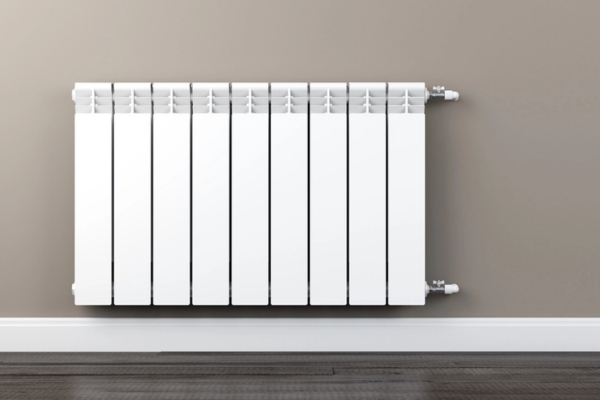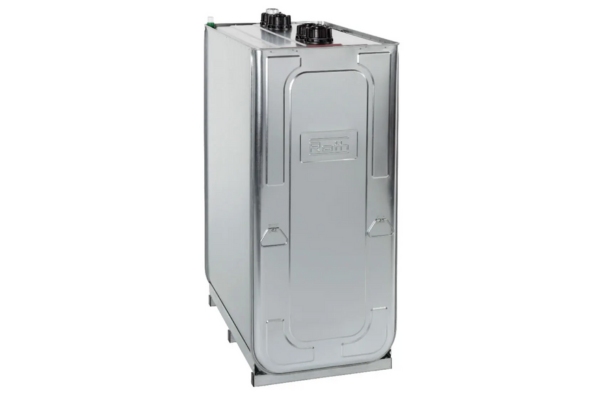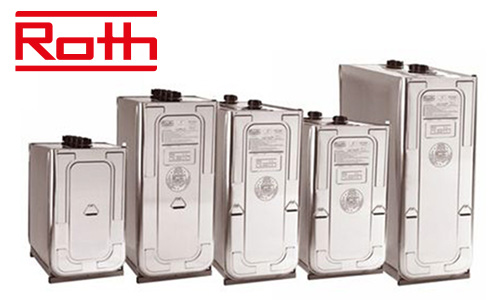Heating Oil
Winter Preparation Tips For Your Oil Heating Radiator
As winter nears, ensuring your heating system is fully prepared becomes essential for comfort and safety. Understanding how your oil heating radiator functions and maintaining it properly can make a big difference in efficiency. Learn how to get your system ready to handle cold temperatures and keep your home consistently warm all season long.
Read MoreWhy Double-Wall Heating Oil Tanks Are Worth The Investment
When it comes to heating oil storage, not all tanks are created equal. A double-wall heating oil tank offers a modern solution designed with safety, durability, and environmental protection in mind. With features that reduce the risk of leaks and extend service life, this type of tank is gaining popularity among homeowners.
Read MoreUsing Alexa to Monitor Your Heating Oil Tank
Looking to simplify how you monitor your heating oil levels? Pairing a smart oil gauge with Alexa could be the game-changer you didn’t know you needed. This article walks you through how the two systems work together to bring fuel tracking, usage alerts, and convenience right to your voice commands.
Read MoreWill Call Vs Automatic Oil Delivery: Which Option Fits Your Lifestyle?
Deciding between will call and automatic oil delivery can be a challenge. One provides flexibility and control, while the other ensures hassle-free convenience and reliability. Understanding how each aligns with your heating needs and lifestyle is key to staying warm and stress-free during winter. Discover the differences and make an informed choice.
Read MoreA Practical Guide To Selecting Your Fuel Oil Supplier
Navigating the options for fuel oil providers can feel overwhelming, with so many factors impacting your comfort and budget. From understanding different oil types to evaluating service options, a strategic approach can help you make a confident choice. This article covers the essentials for selecting a dependable fuel company that aligns with your needs.
Read MoreThe Causes & Consequences Of Heating Oil Tank Sludge
Sludge formation in a heating oil tank is a slow, inevitable process caused by environmental factors within the tank. Over time, this thick, sticky substance can cause significant issues. Discover what causes this buildup, how it impacts your heating system, and what you can do to prevent it from affecting your home.
Read MoreWhat Happens When The Furnace Runs Out Of Oil?
Homeowners that use will-call heating oil deliveries must monitor their tank, usually calling for a refill at 30% capacity. However, the challenge arises when, amidst a busy life, one finds the tank unexpectedly empty. This article discusses the impact that an empty oil tank has on your home heating system.
Read MoreShould My Furnace Smell Like Heating Oil?
Heating oil is popular for its efficiency and cost-effectiveness in warming homes during cold seasons. Normally, it has a distinct smell, but a well-maintained system should not allow the odor to linger. If you occasionally notice a faint odor, it should go away quickly; persistent smells, however, indicate a need for professional assessment.
Read MoreHow Much Heating Oil Will I Use A Day?
If you rely on heating oil to warm your home, you always need to make sure you have enough fuel in the tank. Understanding your oil consumption will help you gauge this. Homeowners often ask, “How much heating oil will I use in a day?” This guide delves into this frequently-asked question.
Read MoreHow Much Does A Roth Oil Tank Cost To Have Installed?
At some point, all oil-heat users have to face the inevitability of an oil tank replacement. Dealing with oil tanks and their installation can feel like plunging into an abyss of uncertainty – especially when it comes to cost. This article breaks down the factors influencing oil tank installation costs, especially a Roth oil tank.
Read More









